Pope Benedict’s passing – Tribune Online
[ad_1]
ON January 5, 2023, Pope Francis presided at the requiem mass of Pope Benedict XVI in the Vatican City, an event attended by tens of thousands of people. Pope Benedict XVI was subsequently interred in the crypt of Saint Peter’s Basilica in what had previously been the tomb of Pope John Paull II, the predecessor of Benedict XVI. Pope Benedict XVI had died on December 31, 2022 in his residence at the Vatican.
Pope Benedict XVI, originally named Joseph Alois Ratzinger, was born on April 16, 1927, at Marktl am Inn, Germany. His father was a policeman and his mother was a hotel cook, both being staunch Catholics who were hostile to the Nazi regime. Although Ratzinger entered the seminary in 1939, he was compelled to join the Hitler Youths in 1941 and was drafted into the German military in 1943. After the war, he continued his education in the seminary and was ordained a priest in June 1951. He was awarded a doctorate in theology at the University of Munich in 1953. He taught dogma and theology at several universities in Germany and became the vice president of the University of Regensburg in the 1970s. His work in theology attracted the attention of Joseph Frings, who was then the archbishop of Cologne. Frings asked Ratzinger to serve as his expert assistant at the second Vatican Council (1962–65). In March 1977, Pope Paul VI appointed Ratzinger archbishop of Munich and Freising, and bestowed the cardinal’s hat on him three months later. On November 25 1981, Pope John Paul II made him prefect of the Congregation for the Doctrine of the Faith, an office he occupied from 1978 to 2005. He was one of Pope John Paul II’s closest advisers.
He was elected bishop of Rome and head of the Roman Catholic Church in 2005, becoming at age 78 the oldest newly elected pope since Clement XII (1730–40). As pope, Benedict XVI continued in the footsteps of John Paul II in respect of dialogue with other faiths like Islam and Judaism and with the Christian churches. He also sought to revitalise the Catholic Church in Europe and maintained the church’s orthodoxy on issues of sexuality, priestly celibacy and ecclesiastical organisation. Benedict visited several countries during the early years of his papacy. During these visits, he met the ecumenical patriarch of Constantinople on the prospect of improving relations between the Roman Catholic and Eastern churches. He visited Brazil, where he canonized Father Antonio Galvao (1739–1822), the first native-born Brazilian saint.
He also overturned John Paul II’s reform of the papal election process and restored the traditional practice when he declared that the election of a new pope required a two-thirds majority of the cardinals attending the conclave. He issued new guidelines allowing greater use of the Latin mass—the order of the mass used before the reforms of the second Vatican Council. He published two encyclicals: Deus caritas est (God is Love) and Spe salvi (Saved by Hope) in 2005 and 2007 respectively. In 2007, he approved the decisions of the International Theological Commission, an advisory panel to the Vatican, that the traditional teaching of limbo was “unduly restrictive” and that unbaptised infants could be saved. In 2008, he addressed the first Catholic-Muslim Forum, a conference of Catholic theologians and Islamic scholars hosted by the Vatican to promote understanding between the two religions.
Although he led a distinguished career as a theologian and as prefect of the Congregation for the Doctrine of the Faith before he was elected Pope, his papacy faced several challenges, including a decline in vocations and attendance, and divisive debates concerning the direction of the church. He had to deal with the effects of the scandal beginning in the late 1990s surrounding the church’s handling of numerous cases of sexual abuse by priests. In 2008 during his visit to the United States, Pope Benedict spoke out against clerical sexual abuse and delivered an address at the United Nations. In 2010, allegations of sexual and physical abuse by parish priests and in parochial schools in Germany, Ireland, and the United States rocked the church. His role in the cases in Germany came under close media scrutiny. In a pastoral letter, he rebuked the concerned bishops for a failure of leadership, while the Vatican denounced as “false and calumnious” the charge that as prefect of the Congregation for the Doctrine of the Faith, Benedict had been responsible for a policy of covering up cases of sexual abuse.
He became the first pope to resign since Gregory XII in 1415, when on February 28 2013 he announced his resignation because of age and health concerns, taking the title Pope Emeritus. His resignation sparked speculation about whether this precedent would serve to normalise the resignation of future popes. The subsequent election of Pope Francis brought the papacy into uncharted territory with two popes living in the Vatican City. A leader who steps down is one who puts the organisation ahead of himself or herself and gives priority to the interest of the organisation and the constituencies served. Pope Benedict demonstrated deep reverence for the religious symbolism of the papacy but not its temporal powers. This is a very important lesson for politicians in Africa who continue to covet power or seek office when it is obvious that their age and health conditions dictate otherwise. With great humility he stepped down when he realised he was no longer fit for office. He knew when to move on to allow the organisation to flourish.
ALSO READ FROM NIGERIAN TRIBUNE
[ad_2]

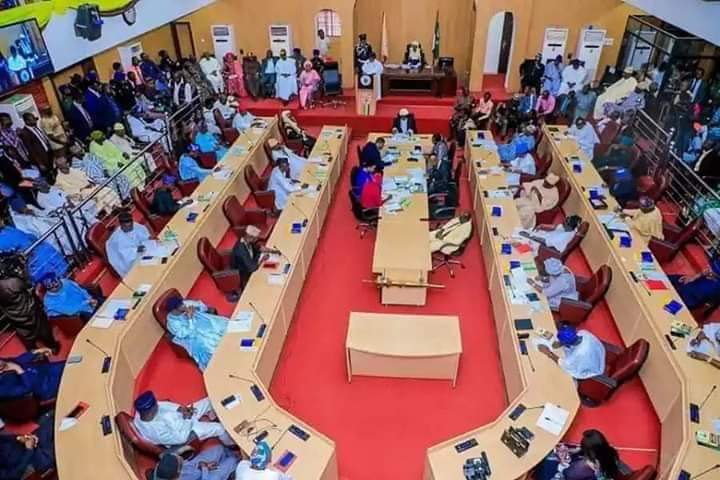
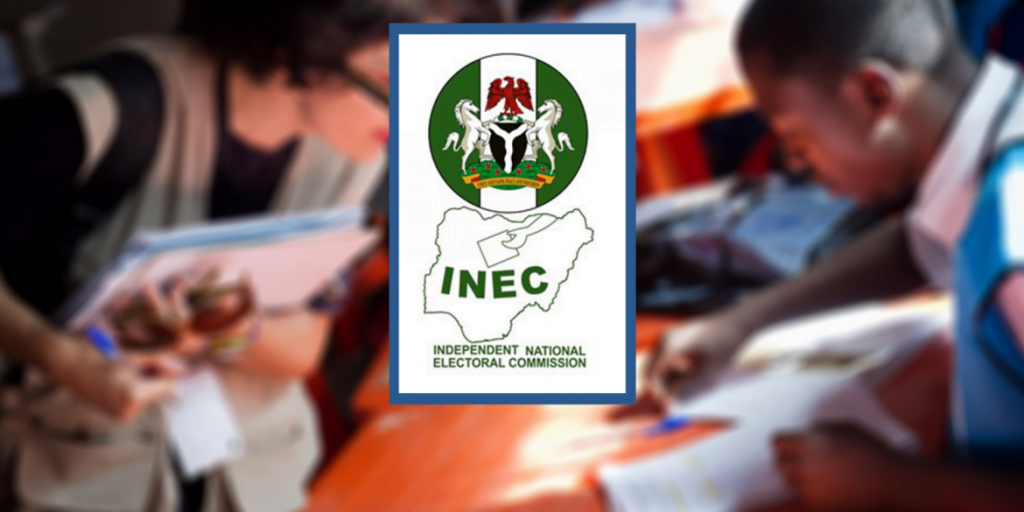

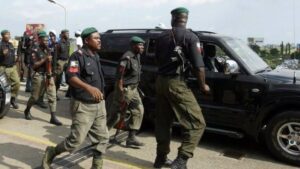


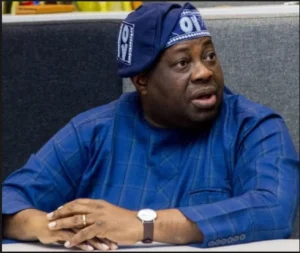
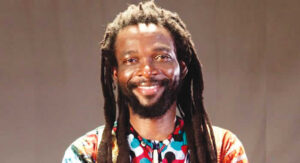



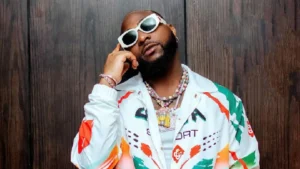
Post Comment